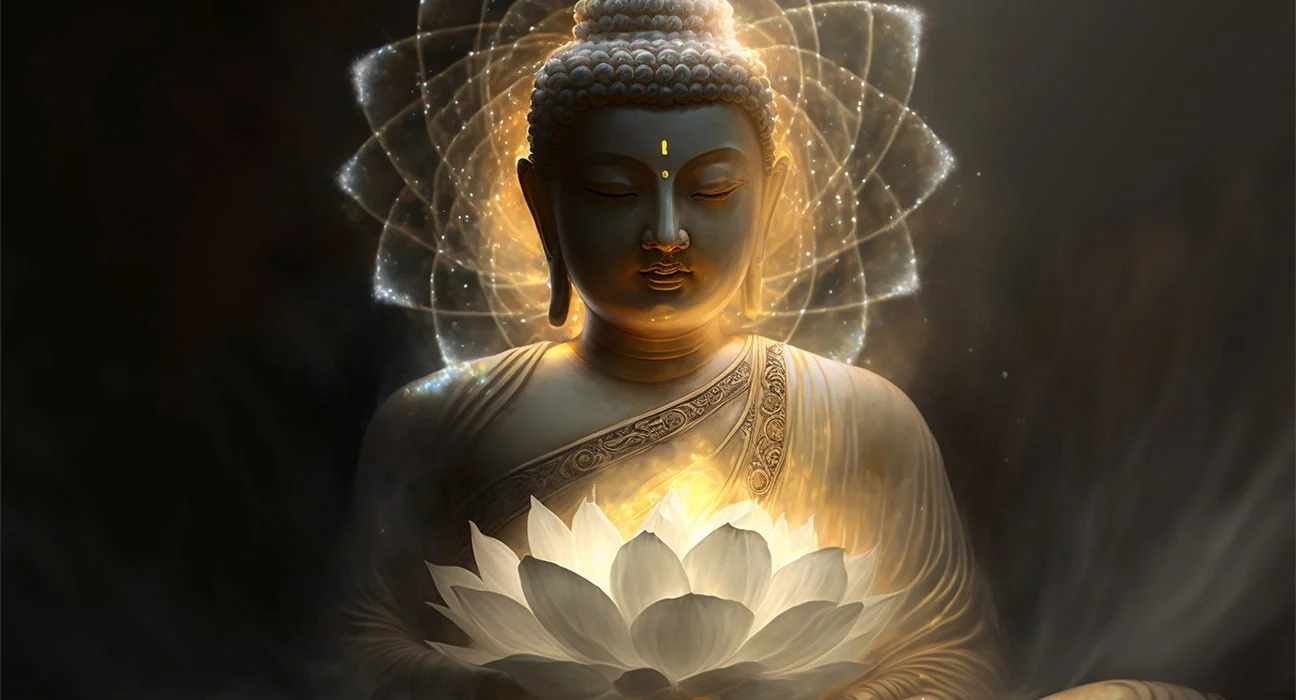Spirituality is often described as the connection between the individual and a higher purpose, guiding one toward inner peace and fulfillment. Unlike religion, which may be rooted in organized practices, spirituality is deeply personal and centers on self-discovery, mindfulness, and the quest for meaning in life. Here, we explore the essence of spirituality and how it can transform your journey through life.
What is Spirituality?
Spirituality is the pursuit of understanding the deeper aspects of existence. It involves exploring questions such as:
- Who am I beyond my physical self?
- What is my purpose in life?
- How can I find lasting peace and joy?
This journey often emphasizes self-awareness, inner growth, and aligning with universal principles like love, compassion, and forgiveness.
Core Aspects of Spirituality
a. Self-Reflection
Spirituality encourages you to reflect on your thoughts, actions, and emotions. This introspection helps uncover your true self and fosters personal growth.
b. Connection
A sense of connection—whether to nature, humanity, or a divine power—is central to spirituality. This connection brings a sense of belonging and unity.
c. Mindfulness and Presence
Being fully present in the moment enhances your ability to experience life deeply and appreciate its subtleties. Practices like meditation and mindful breathing cultivate this awareness.
d. Purpose and Meaning
Spirituality helps you discover purpose in your actions and relationships, contributing to a more fulfilling life.
Benefits of Embracing Spirituality
a. Mental Well-being
Spiritual practices like meditation reduce stress, enhance clarity, and improve emotional resilience.
b. Physical Health
Spirituality often encourages healthier lifestyles, such as balanced diets, regular exercise, and better sleep.
c. Emotional Growth
It nurtures qualities like patience, forgiveness, and gratitude, leading to stronger relationships and inner peace.
d. Perspective on Life
Spirituality provides a broader outlook, helping you navigate challenges with grace and acceptance.
Ways to Cultivate Spirituality
a. Meditation and Prayer
Quieting the mind through meditation or prayer helps you connect with your inner self and a higher consciousness.
b. Journaling
Writing down thoughts, dreams, or reflections allows you to explore your emotions and gain deeper insights.
c. Acts of Kindness
Helping others fosters compassion and strengthens your sense of purpose.
d. Spend Time in Nature
Nature has a calming and grounding effect, helping you feel connected to the world around you.
e. Read Inspirational Texts
Books on spirituality or teachings from enlightened individuals can guide and inspire your journey.
Challenges on the Spiritual Path
a. Doubts and Uncertainty
It’s natural to face questions about the meaning of life and your place in it. These moments of doubt are part of the growth process.
b. Ego and Resistance
Letting go of ego-driven desires and embracing change can be challenging but necessary for spiritual growth.
c. Consistency
Maintaining spiritual practices in the midst of a busy life requires dedication and balance.
Spirituality in Daily Life
- Start your day with a few minutes of mindfulness or gratitude.
- Practice forgiveness and patience in interactions with others.
- Look for meaning in everyday activities, whether it’s through work, relationships, or hobbies.
Conclusion
Spirituality is not a destination but a lifelong journey of self-discovery and growth. It helps you understand yourself better, find peace amid life’s chaos, and connect deeply with the world around you. By embarking on this journey within, you can uncover profound truths and experience life’s beauty in its fullest sense.
Take the first step today—whether through meditation, a simple act of kindness, or just being present in the moment—and let your journey toward spirituality begin.
FAQs:
1. What is spirituality?
Spirituality is the exploration of one’s inner self and the connection to a higher purpose, focusing on self-awareness, mindfulness, and discovering meaning in life.
2. How is spirituality different from religion?
Religion often involves structured beliefs, rituals, and practices tied to specific faiths, while spirituality is more personal and focuses on inner growth and universal principles like compassion and love.
3. Why is spirituality important?
Spirituality helps improve mental and emotional well-being, fosters inner peace, strengthens relationships, and provides a sense of purpose and fulfillment in life.
4. How can I start my spiritual journey?
Begin with small practices like meditation, mindfulness, journaling, or spending time in nature. Reflect on your thoughts and actions, and explore what brings you inner peace and joy.
5. Can spirituality improve mental health?
Yes, spirituality can reduce stress, anxiety, and depression. Practices like meditation and gratitude promote emotional balance and mental clarity.
6. Is spirituality tied to a specific belief system?
No, spirituality is universal and not limited to any specific belief system. It can complement religious faiths or exist independently.
7. What are some spiritual practices I can adopt?
Popular practices include meditation, yoga, prayer, journaling, acts of kindness, and reading inspirational texts.





